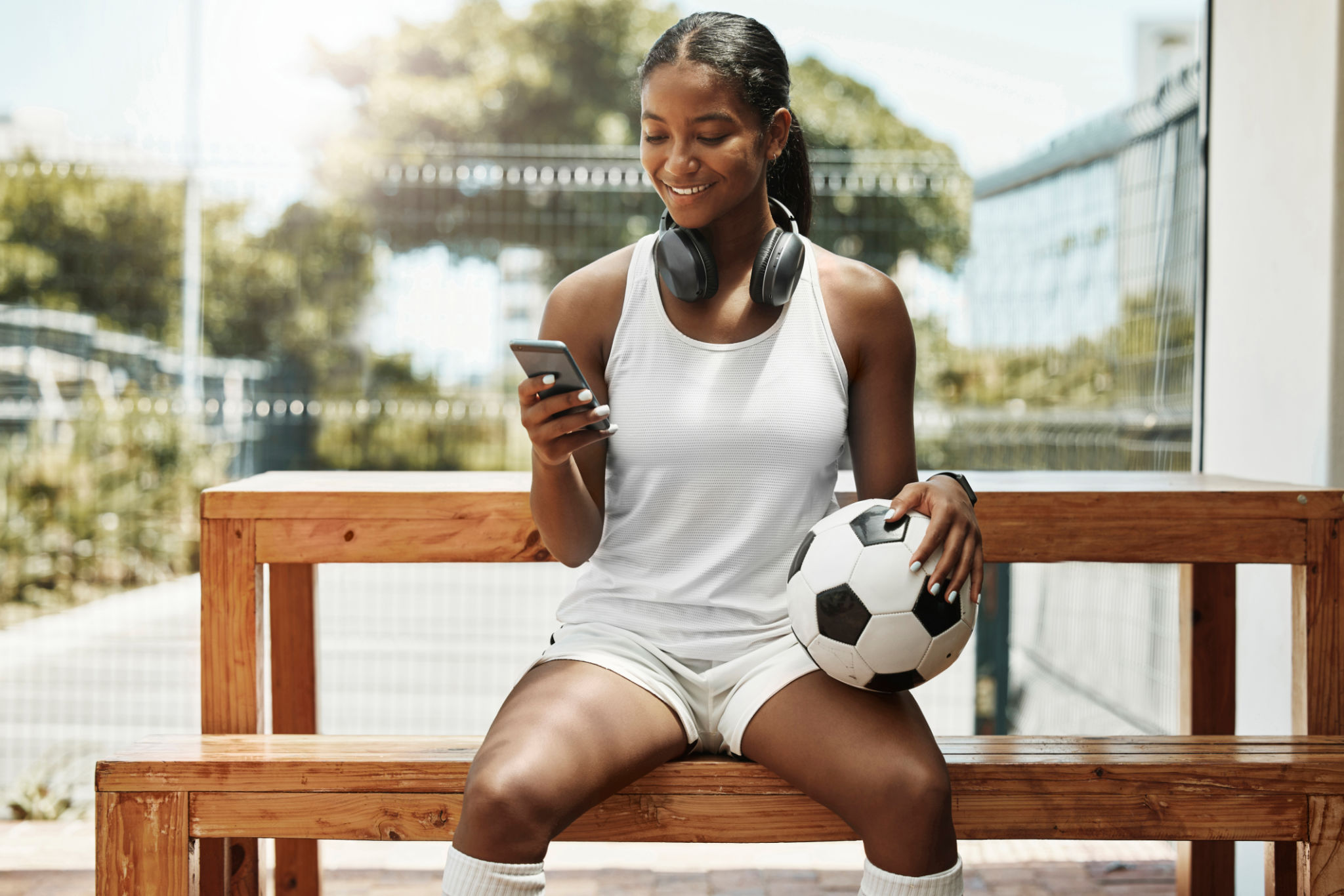The Rise of Social Media in College Sports: How Athletes Build Their Brands
The Influence of Social Media on College Sports
In recent years, social media has revolutionized the landscape of college sports. Once limited to game-day performances and local recognition, college athletes now have the tools to build personal brands that extend far beyond the field. Platforms like Instagram, Twitter, and TikTok have become pivotal in giving athletes a voice and an audience.
Social media provides athletes with a direct line of communication to fans, allowing them to share personal stories, training routines, and behind-the-scenes glimpses into their lives. This connectivity fosters a sense of community and loyalty among followers, amplifying the athlete's presence both online and offline.

Building a Personal Brand
The concept of personal branding has taken center stage in college sports. Athletes can now leverage their social media presence to create a distinct identity that resonates with fans and potential sponsors. By consistently sharing engaging and authentic content, athletes can cultivate a loyal following that supports their journey.
Key elements of building a personal brand include authenticity, consistency, and engagement. Athletes who stay true to themselves while maintaining a consistent posting schedule are more likely to attract and retain followers. Engaging with fans through comments and direct messages further solidifies their brand's credibility.
The Role of Influencers in College Sports
Influencer marketing has penetrated various industries, and college sports are no exception. Athletes with significant social media followings often become influencers in their own right, collaborating with brands for promotional opportunities. These partnerships can be mutually beneficial, providing athletes with financial incentives while allowing brands to reach targeted audiences.

Navigating Challenges and Opportunities
While social media offers numerous benefits, it also presents challenges for college athletes. Balancing academic responsibilities with content creation can be demanding, and managing a public image comes with its own set of pressures. Athletes must be strategic in their online interactions to maintain a positive reputation.
However, the opportunities are vast. The NCAA's recent policy changes regarding Name, Image, and Likeness (NIL) have further empowered athletes to monetize their brands. This shift has opened doors for sponsorship deals, merchandise sales, and other revenue-generating ventures.

The Future of Athletes' Brand Building
Looking ahead, the role of social media in college sports is poised to grow even further. As platforms evolve and new channels emerge, athletes will continue to find innovative ways to engage with their audiences. The ability to adapt to these changes will be crucial for those looking to build long-lasting brands.
Ultimately, the rise of social media in college sports underscores the importance of digital literacy and strategic communication. As athletes harness the power of these platforms, they not only enhance their careers but also inspire the next generation of sports enthusiasts.